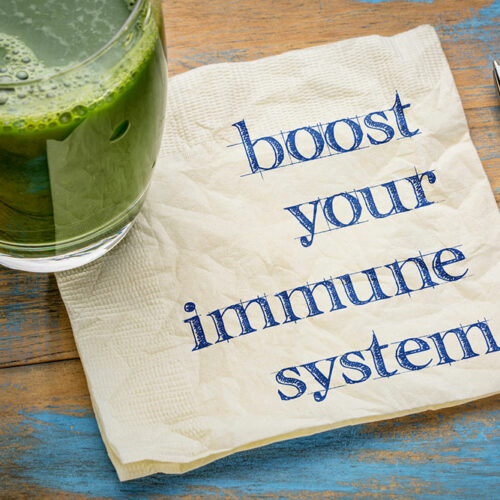24 myths about contraception debunked

Navigating the landscape of birth control contraception is essential for anyone seeking to take control of their reproductive health. However, the myths surrounding these methods can lead to confusion and misinformation. Here are some of the common misconceptions about birth control that have been debunked with the facts. By dispelling these myths, individuals can better understand the array of contraceptive options available and select the one that aligns with their unique needs and preferences. Myth 1: Birth control contraceptives cause permanent damage Most contraception methods have not been found to cause any type of permanent damage to reproductive health. Any potential side effects are typically reversible after discontinuation. Myth 2: Using birth control methods leads to hormonal imbalances While hormonal options exist, there are non-hormonal methods, such as barrier devices and fertility awareness-based methods, that provide effective contraception without altering hormonal balances. Myth 3: Only women use contraceptive methods Birth control encompasses a wide range of options for individuals of all genders, including barrier methods and sterilization procedures. Myth 4: Preventing pregnancy is the only goal of using contraception While the primary goal of most contraceptive methods is to prevent unwanted pregnancy, some birth control methods can also help manage certain health conditions, such as heavy menstrual bleeding.






